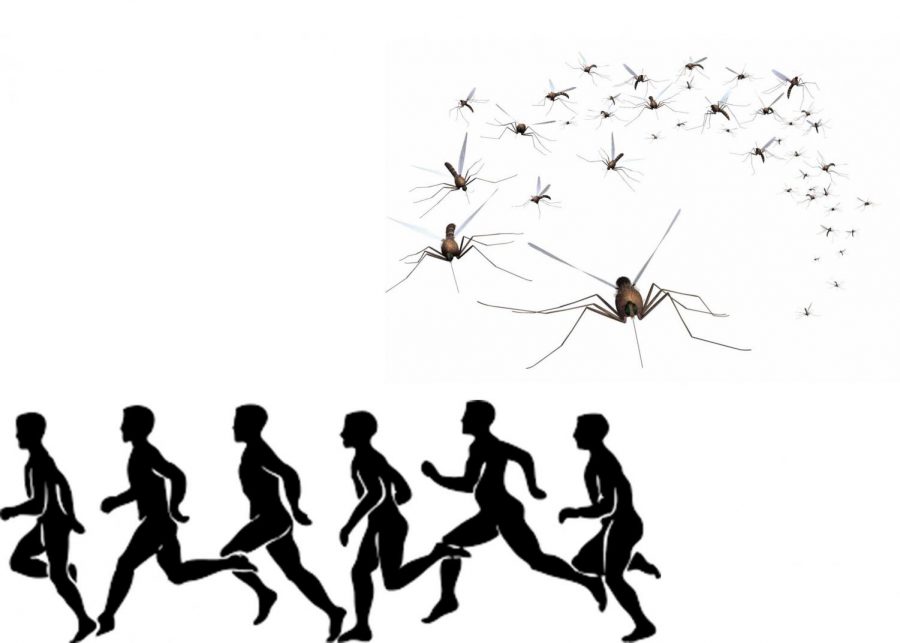Genetically Modified Mosquitoes to be Released in Florida Keys
With genetically modified mosquitoes being released in the Florida Keys, the experiment is being compared to a modern world Jurassic Park.
January 8, 2021
Officials in Florida have approved the release of 750 million genetically modified mosquitoes into the Florida Keys. The project, which has been in the works for years, has been dubbed “the Jurassic Park experiment” by environmental activists, due to its similarities with the novel Jurassic Park by Michael Crichton.
The US Environmental Protection Agency gave permission to the British-based and US-operated company Oxitec to produce genetically engineered, male Aedes aegypti mosquitoes, which are known as OX5034. This mosquito has a special gene that prevents the offspring from surviving to adulthood. The hope is that over time, the number of Aedes Aegypti declines. After using the process in Brazil in 2015 and 2016 following the Zika outbreak, Oxitec claims to have dropped the number of Aedes Aegypti from 89% to 96%.
Here lies the similarity to Jurassic Park that many, such as the newspaper Sun Sentinel and also the Policy Director for the International Center for Technology Assessment Mr. Jaydee Hanson, have made regarding the experiment.
The novel Jurassic Park is about genetically engineered dinosaurs that are produced in a lab such that they can’t reproduce. Chaos theorist Ian Malcolm (portrayed by Jeff Goldblum in the 1993 film adaption) predicts that the park will fail, as its simple structure is unsustainable when such a complex system with so many unpredictable variables is thrust upon it. Malcolm ends up right, and the park ends in disaster.
Mosquitoes, though seemingly less dangerous than dinosaurs, actually kill more humans per year than any other animal according to World Atlas, as they kill around one million people annually through disease infusion.
Hanson in a statement said, “With all the urgent crises facing our nation and the State of Florida, the administration has used tax dollars and government resources for a Jurassic Park experiment.”
Additionally, he finds issues with the lack of information Oxitec has shared with the public.
“What could possibly go wrong?” Hanson said. “We don’t know, because they unlawfully refused to seriously analyze environmental risks.”
Another main opposition to the “Jurassic Park Experiment” has been the Florida Keys Environmental Coalition. Their executive director, Barry Wray, also finds their lack of information troubling, as he said in a statement, “We have repeatedly asked for Oxitec to work with us to prove the technology is safe. Instead of receiving Oxitec’s cooperation to provide this confidence, we have witnessed a pattern of avoidance, misrepresentations, obfuscations and using marketing and political influence to persuade the regulatory and community stakeholders to proceed with what is truly a poorly designed experiment on our public and ecosystems.”
According to Oxitec, however, this system only suppresses the Aedes Aegypti, and other mosquitoes that are necessary to environmental growth in the form of pollination face no harm.
In addition, the EPA, after receiving backlash from approving the permit, published a risk assessment, focusing on the need to reduce disease carrying mosquitoes in a way that does not involve pesticides.
What will actually happen with these 750 million mosquitoes is impossible to say as of now, but they will be consistently monitored by Oxitec and other companies as they integrate with the natural population of mosquitoes.












